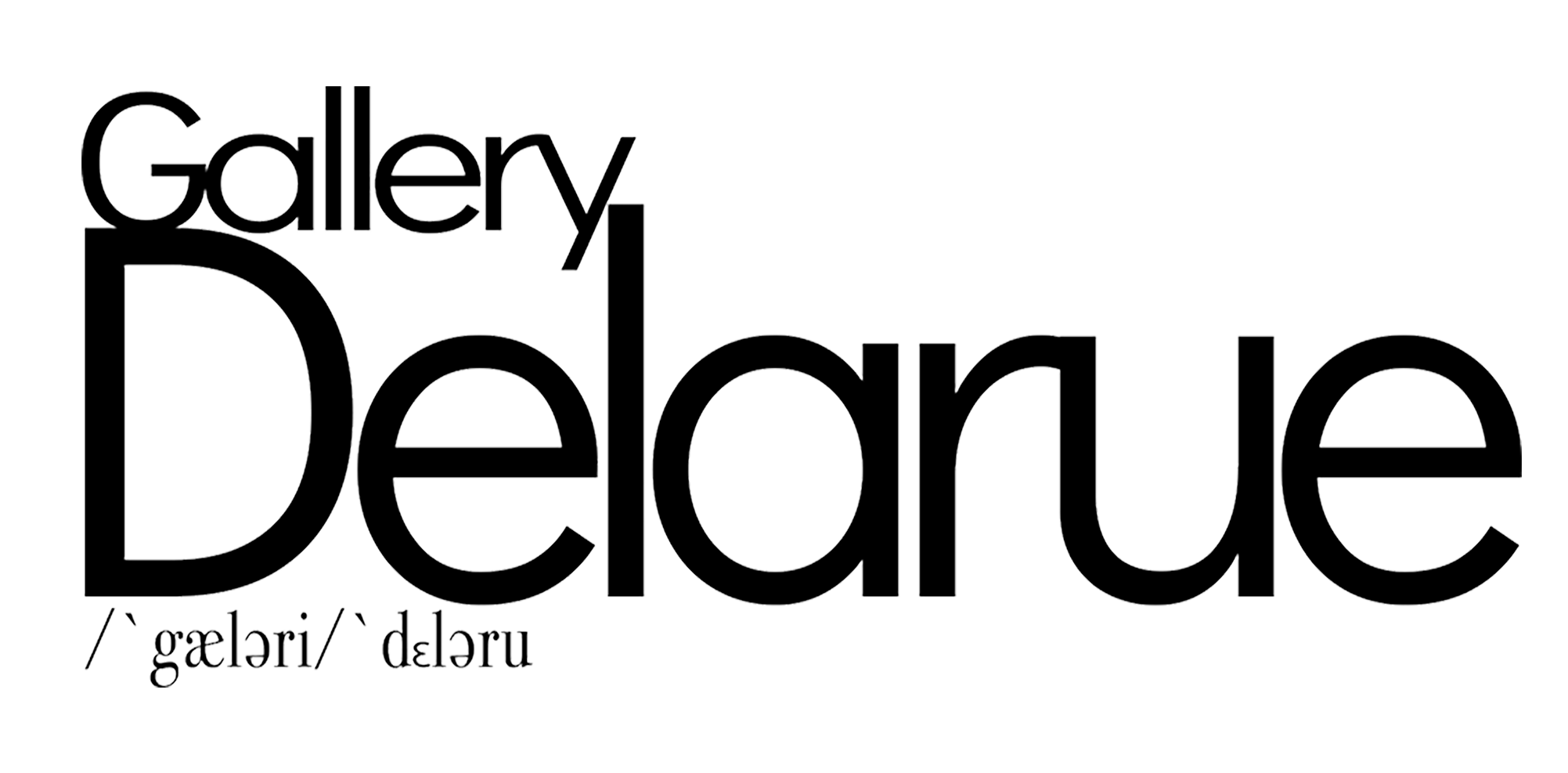 What is Deconstructing Hyperreality?
Deconstructing Hyperreality is a series of projects depicting current social manifestations triggered by the effects of art, technology and media. We are a group of individuals who organise educational events in the domains of visual art and fashion.
Our aim is to:
What is Deconstructing Hyperreality?
Deconstructing Hyperreality is a series of projects depicting current social manifestations triggered by the effects of art, technology and media. We are a group of individuals who organise educational events in the domains of visual art and fashion.
Our aim is to:
- Raise collective consciousness on technology and media
- Describe how art constructs an ideology
- Preserve the value of art by showcasing the original pieces exclusively in physical form
- Re-define the perception and usage of art, technology and media
 What are the impacts of social media on art?
On one hand it gave every person the possibility of owning a digital gallery, on the other hand it created a saturated market of homogenous content where the value of art is defined by algorithms, likes and entities that don't have enough knowledge on the subject. The commercialisation of art turned creation in an easy job, rather than a passion which requires hard work. People don't understand that art isn't just a matter of craft, it's a matter of communicating a message with subliminal symbols and structured, accurate concepts. The only judge of the quality of art is time, while the internet requires immediacy. It's an oxymoron in itself.
I once had a conversation with someone that is highly ranked on social media, and I told them about a photographer which used to be an idol of mine(quite well known and historically important). He asked me about the following of that photographer. I gave him the number and his response was that he knew of artists with higher numbers. I was very blunt and instructed him to shut up while explaining the history of this person's work. After that we became friends and ever since he had a great amount of respect for me. Speak your opinion no matter what, the ones that respect it will appreciate you for it. If we aren't going to fight for art, who is?
What are the impacts of social media on art?
On one hand it gave every person the possibility of owning a digital gallery, on the other hand it created a saturated market of homogenous content where the value of art is defined by algorithms, likes and entities that don't have enough knowledge on the subject. The commercialisation of art turned creation in an easy job, rather than a passion which requires hard work. People don't understand that art isn't just a matter of craft, it's a matter of communicating a message with subliminal symbols and structured, accurate concepts. The only judge of the quality of art is time, while the internet requires immediacy. It's an oxymoron in itself.
I once had a conversation with someone that is highly ranked on social media, and I told them about a photographer which used to be an idol of mine(quite well known and historically important). He asked me about the following of that photographer. I gave him the number and his response was that he knew of artists with higher numbers. I was very blunt and instructed him to shut up while explaining the history of this person's work. After that we became friends and ever since he had a great amount of respect for me. Speak your opinion no matter what, the ones that respect it will appreciate you for it. If we aren't going to fight for art, who is?
Our Interview with S < H E >? D E V E L O P E S
What is it like being a female in the arts industry? What have you overcome? As a female artist in the industry, one of the common experiences I have encountered were sexual propositions from men that were either my clients, business partners, models or other photographers. Being a strong character, I managed to avoid these situations, although some of them were quite manipulative and persistent. I find it very difficult for younger models to overcome them. They mainly think that compliance is required in order to pursue a career within the (fashion) industry. The problem is that the majority of women think they need to exercise their sexuality in order to progress in life or find a stable financial situation. I was lucky enough to be born into wealthy, caring and stable family, which gave me a strong mentality that never complied which such cultural constructs. One of the patterns I have noticed is that many men become photographers so that they can act as legitimate sexual predators. I consider that an abuse of a medium which gives me the reason to wake up every morning. We shouldn't admire and celebrate people just because they do impressive work. If someone is morally corrupt there is no common sense in further endorsing them. It is also discouraging to encounter female employers who belittle creatives and underpay them. Everyone starting in the creative industry is under appreciated from the beginning and sucked dry out of their energy for minimal wage. Your ideas get stolen regardless of your gender. As a photographer I was confronted with condescending offers for my work (example: 50 pounds for 20 edited photos). Nobody should ever comply with that. Influencers, fashion houses and modelling agencies expect you to work for free because of exposure. I consider that a fancy term for exploitation. "Exposure". This is why I don't use social media anymore. Nobody can offer me "exposure" in exchange for my work.
How did art and technology empower women?
Throughout history we have lived in a patriarchy. There are a few biological and social theories behind it but it hasn't been proven why. Most likely because women's time was dedicated to giving birth and taking care of children while the men would hunt. In every civilisation throughout history women had less value than slaves. If one would be raped she would have been given to the man that raped her. Germany listed martial rape as a crime only in 1997.
Thank God that Homo Sapiens is a "glitch" in biology, otherwise I would have been a human incubator right now. With the development of medicine and technology women were given the opportunity to develop lives on their own as well as careers. We are still far away from having an equal number of male and female CEOs, but at least we are on a good path to accomplishing that. Through movements like #metoo victims of sexual assault in the industry have the chance to speak out about their experiences in the industry. Every country with underdeveloped medicine and technology has a far way to go in establishing equal gender rights. According to the UN it will take 100 years to close this gap. I say we do our best to accomplish this mission sooner. I think that one of the main reasons why this is difficult is because women were not meant to have careers like men. As children, we are given games as cooking, cleaning and taking care of dolls while boys run around. I've noticed this and it was very painful to think this was my only choice in life (I was 3 at the time, and I wanted to be Batman). At the age of 4 I started playing video games like Tekken, Final Fantasy and Crash Bandicoot as well as watching different Anime online which helped me realise that the life of a housewife didn't have to be my only choice. This is an example of how art through technology has a very positive outcome! By utilising software in art I managed to bring my ideas to life and showcase that I don?t need anyone or anything to stand on my own. If it were not for tech, the majority of us would have most likely been housewives without any rights. This is why I wish to develop it myself, perhaps it will help us close the gender gap while I am still alive.
Deconstructing Hyperreality is available for private views via missdevelopes@protonmail.com
It is also discouraging to encounter female employers who belittle creatives and underpay them. Everyone starting in the creative industry is under appreciated from the beginning and sucked dry out of their energy for minimal wage. Your ideas get stolen regardless of your gender. As a photographer I was confronted with condescending offers for my work (example: 50 pounds for 20 edited photos). Nobody should ever comply with that. Influencers, fashion houses and modelling agencies expect you to work for free because of exposure. I consider that a fancy term for exploitation. "Exposure". This is why I don't use social media anymore. Nobody can offer me "exposure" in exchange for my work.
How did art and technology empower women?
Throughout history we have lived in a patriarchy. There are a few biological and social theories behind it but it hasn't been proven why. Most likely because women's time was dedicated to giving birth and taking care of children while the men would hunt. In every civilisation throughout history women had less value than slaves. If one would be raped she would have been given to the man that raped her. Germany listed martial rape as a crime only in 1997.
Thank God that Homo Sapiens is a "glitch" in biology, otherwise I would have been a human incubator right now. With the development of medicine and technology women were given the opportunity to develop lives on their own as well as careers. We are still far away from having an equal number of male and female CEOs, but at least we are on a good path to accomplishing that. Through movements like #metoo victims of sexual assault in the industry have the chance to speak out about their experiences in the industry. Every country with underdeveloped medicine and technology has a far way to go in establishing equal gender rights. According to the UN it will take 100 years to close this gap. I say we do our best to accomplish this mission sooner. I think that one of the main reasons why this is difficult is because women were not meant to have careers like men. As children, we are given games as cooking, cleaning and taking care of dolls while boys run around. I've noticed this and it was very painful to think this was my only choice in life (I was 3 at the time, and I wanted to be Batman). At the age of 4 I started playing video games like Tekken, Final Fantasy and Crash Bandicoot as well as watching different Anime online which helped me realise that the life of a housewife didn't have to be my only choice. This is an example of how art through technology has a very positive outcome! By utilising software in art I managed to bring my ideas to life and showcase that I don?t need anyone or anything to stand on my own. If it were not for tech, the majority of us would have most likely been housewives without any rights. This is why I wish to develop it myself, perhaps it will help us close the gender gap while I am still alive.
Deconstructing Hyperreality is available for private views via missdevelopes@protonmail.com



